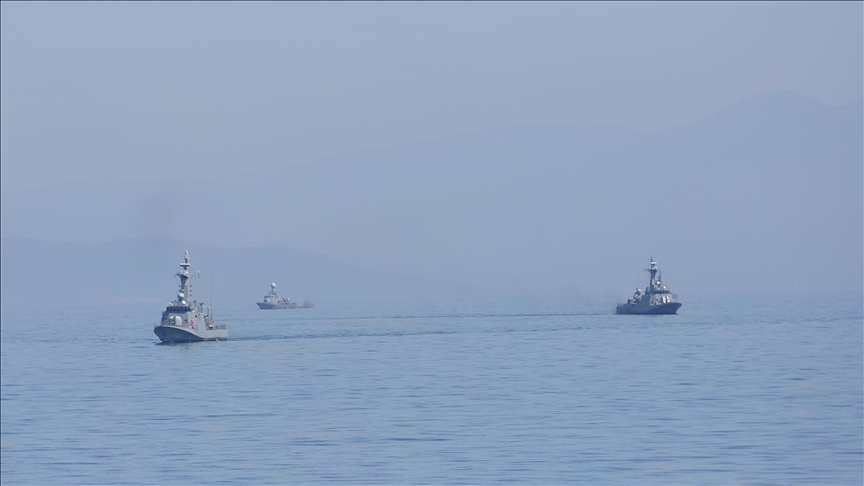Historic collaboration could shift regional dynamics after decades of rivalry
Iran and Saudi Arabia are reportedly planning to hold joint military exercises in the Red Sea, marking a significant development in the long-standing rivalry between the two Middle Eastern powers. According to a report by the Iranian news agency ISNA, Iran’s navy commander, Admiral Shahram Irani, revealed that Riyadh requested the joint exercises. However, Saudi Arabia has yet to confirm this information publicly.
Longstanding Rivalry and Recent Reconciliation
For years, Iran and Saudi Arabia have been on opposing sides of many regional conflicts, often backing different factions. The two countries severed diplomatic ties in 2016 after a series of confrontations, including the execution of a prominent Shiite cleric in Saudi Arabia and the storming of the Saudi embassy in Tehran.
However, in a surprising turn of events, the two nations restored relations in 2023 under a China-brokered agreement. This diplomatic breakthrough was seen as a major step toward stabilizing a region that has been deeply affected by proxy wars and political tensions.

The Strategic Importance of the Red Sea
The Red Sea is one of the world’s most strategic waterways, serving as a critical route for global maritime trade, including oil shipments. Both Iran and Saudi Arabia have vested interests in maintaining security and influence in this region. Joint military exercises in the Red Sea would not only showcase a new era of cooperation but also signal to the world that both nations are willing to collaborate on regional security.
Admiral Irani emphasized that consultations between delegations from both nations are ongoing. However, he provided no specific details about the timeline or the scope of the exercises.
Implications for Regional Security
If confirmed, this military collaboration could represent a significant shift in Middle Eastern geopolitics. Historically, Saudi Arabia, a Sunni-majority nation, and Iran, led by a Shiite Muslim government, have seen each other as rivals. Their proxy conflicts in Yemen, Syria, and Lebanon have further complicated regional peace efforts. Joint military drills could be the beginning of a more stable relationship, reducing tensions in these conflict zones.
On the other hand, regional and international observers are likely to monitor these developments closely. Some may view this collaboration with caution, especially given the historic distrust between the two countries. The exercises could raise concerns among other regional actors, particularly Israel and the United States, both of whom have complex relationships with both Iran and Saudi Arabia.
A Step Toward Future Cooperation?
While details about the exercises are still sparse, the mere prospect of such a joint endeavor is noteworthy. If Iran and Saudi Arabia can successfully collaborate in a military capacity, it may open the door to further cooperation on political, economic, and security issues in the future. Whether this joint exercise becomes a stepping stone for broader regional peace or remains an isolated event will depend largely on the diplomatic and military negotiations that follow.




